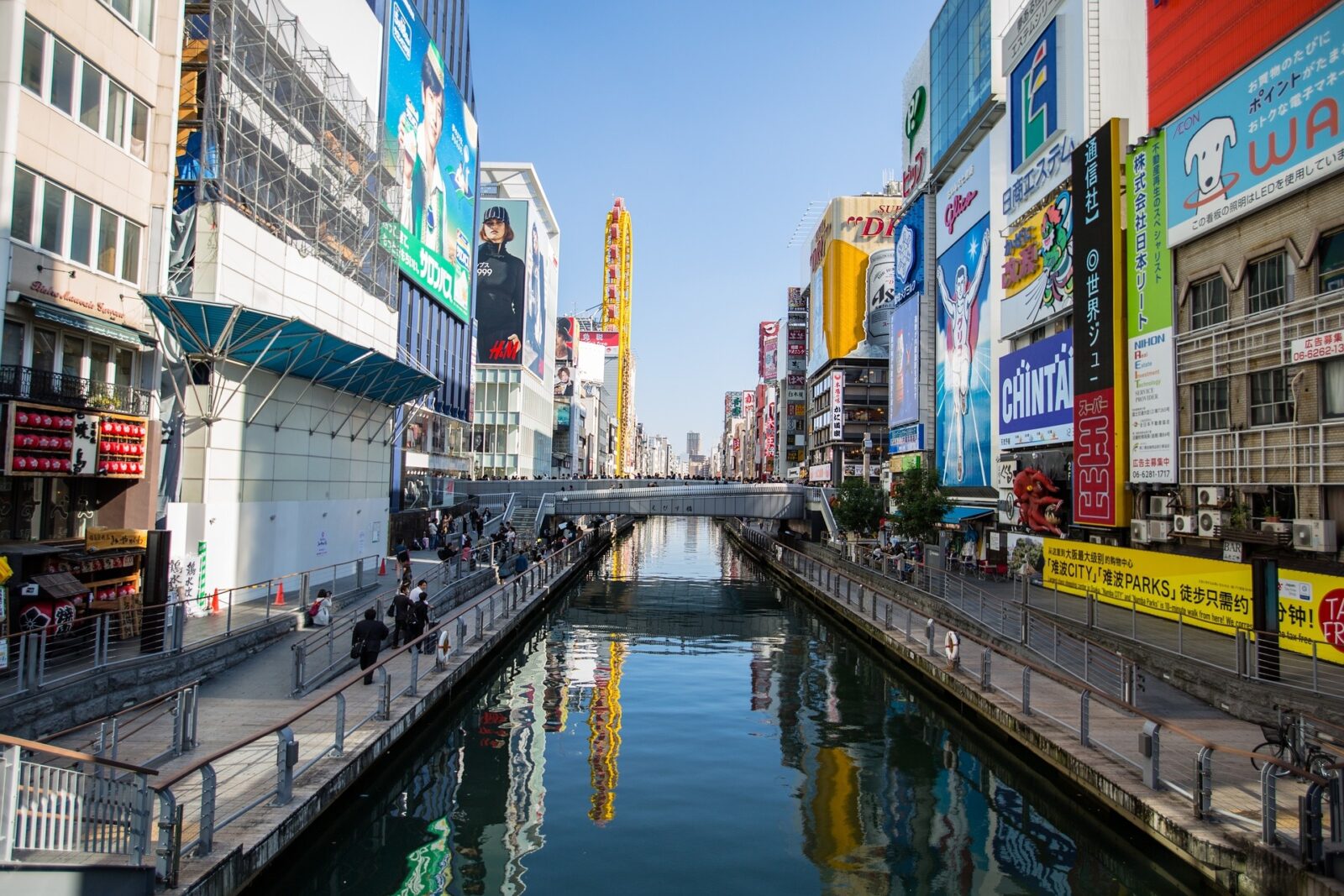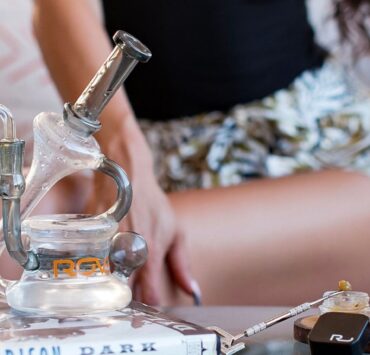Gold Header Ad
reserve your ad hereRecently, a Japanese health ministry panel issued cannabis policy recommendations, including a recommendation that Japan allow medical cannabis products to be imported. Generally speaking, the recommendation to allow medical cannabis product imports is a good thing, however, cannabis observers and advocates around the globe need to temper their celebrations, as the recommendation proves to be very limited upon further inspection, and it wasn’t the only recommendation that the panel offered up.
In addition to recommending that products ‘whose safety and efficacy was confirmed under laws governing pharmaceuticals and medical devices’ be allowed for importing, the panel also recommended that Japan make cannabis consumption itself a crime if it’s not for authorized medical purposes. That recommendation, coupled with the fact that the only medical cannabis product that seems to fit the panel’s criteria is Epidiolex, makes it clear that what is ultimately being proposed in Japan is ‘eh’ at best. It’s certainly better than outright prohibition with no exceptions, however, it’s not the medical cannabis policy overhaul that some may think it is.
Breeding Ground For Selective Enforcement
The nuances between enforcing prohibition as it pertains to possession versus consumption are significant. To be sure, both are harmful, however, prohibition on consumption can prove to be a greater violation of basic rights. Someone charged with possession is exactly how it sounds – someone was found to be in possession of cannabis. When someone is charged with cannabis consumption, what we are really talking about is someone having cannabinoids in their system.
How do authorities discover that someone has cannabinoids in their system in the first place? In many instances, it will likely be coupled with a possession charge, with law enforcement seeing the person consuming and catching them in the act. Yet, there’s always the potential that law enforcement merely ‘suspects’ that a person has consumed cannabis and uses that ‘suspicion’ as ‘justification’ to acquire bodily fluids for testing by whatever invasive means they deem to be useful. It’s an enforcement practice that can easily be weaponized and should never be implemented by any government anywhere.
What Is The Problem?
As I have pointed out in a previous article, the creation of the panel that issued the recent recommendations was born out of a rising consumption rate in Japan, especially among younger consumers. Lawmakers in Japan have expressed concern that there is a spike in consumption, and while that is technically true, it deserves some context, as Japan has one of the lowest cannabis consumption rates on the planet.
In the most recent year for which data is available (2019), Japan experienced a 21.5% increase in measured cannabis consumption compared to the previous year. While that may sound alarming to some lawmakers inside and outside of Japan, consider the fact that less than 2% of people in Japan report having consumed cannabis during their entire life. By comparison, 41.5% in Canada report having consumed cannabis during their lifetime, and 44.2% in the United States. Clearly, Japan doesn’t have a cannabis consumption addiction problem – it has a cannabis prohibition addiction problem.
Follow Johnny Green on social media: @RealJohnnyGreen on Facebook, Instagram, LinkedIn, and Twitter, as well as at Youtube.com/c/TheHigherThingsClub
—
This article first appeared at Internationalcbc.com and is syndicated with special permission.
Gold Scrolling Footer Ad
reserve your ad hereJohnny Green is the Media and Content Director for the International Cannabis Business Conference. Upcoming conferences include Rovinj, Croatia (September 22-23, 2022), Barcelona (March 9, 2023), Berlin Global Investment Forum (June 27, 2023), and Berlin B2B Trade Show (June 29-30, 2023).




